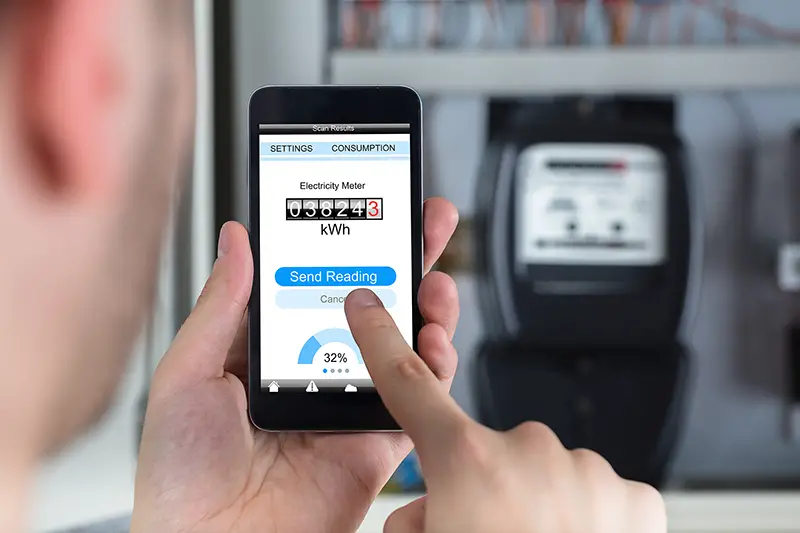Click here to get this post in PDF
Your electric meter is always running, telling your utility company how much electricity your home or business uses and how much they should charge you for that electricity. This lets them bill you for the electricity used at your property.
There are chances that the electric company might overcharge you. Thus, it is recommended to use a smart meter that lets you keep track of your monthly electricity expenditure and thus prevents utility companies from overcharging you.
Well, there are many things you should know about your electric meter. You need to know how electric meters work. If you are also looking forward to installing an electric meter at home, check out CHINT Electricity meter. This guide will show you all you need to know about the meter.
Why Use An Electric Meter?
You need an electric meter to know how much electricity your home or business needs. Ever since your electric meter was put in, the meter will tell you how much electricity you have used since then. There are a lot of different meters, but they all show how much electricity has been used in kilowatt-hours.
Where Is The Meter Placed?
Before taking a reading, you need to know where your meter is. The meter is often placed near the point where the power lines come into the house. They are on the side or back of your house most of the time. In some apartments, there will be a group of different electric meters next to each other.
If you want to know how much electricity you use, you will need the meter number. Each meter has a unique number. The meter number can be found at the bottom of the meter face in most cases. It will be vital for you to give your utility company the number of your meter when you need to provide them with a meter reading.
The utility company charges you for electricity based on a lot of different things. Analog meters show how much electricity you’ve used between the last reading and the next one. This means that your utility company only knows this reading.
It’s the only way they can get that information. They have to have a worker come to your home or place of work and take the reading. They won’t know when you use electricity or how much, so they will only charge one rate for all of your electricity.
New smart meters are the better alternatives. If you have a smart meter, your utility company can get more information about how much electricity you use and how they charge you for electricity. They can also change how they charge you for electricity, like charging different rates for electricity, gas, or water.
Why Install Smart Meters?
If you have a smart meter, you can find out more about how much energy you use and its costs using the solar power system. Smart meters don’t need to be read by a utility worker, so you won’t see anyone coming to your house to take the readings.
Smart meters make it easier to figure out how much electricity will cost and give people information about how much energy they use. Households and businesses can see how much electricity they use in real-time, where they waste money, and how much they spend. They can then make a well-informed decision about how to use electricity in the future. Utilities, on the other hand, can make flexible pricing models based on how much power and for how much time you use.
Hybrid systems, off-grid and other solutions that can withstand power outages are part of this new generation of smart grids. In addition, smart meters and Internet of Things solutions for energy management and storage are the keys to this new generation of smart grids. Systems like these are cleaner, safer, and more sustainable, and they better meet the needs of both the United States and the world to reduce carbon emissions.
One of the best things about smart meters is that they help the environment. With the help of new technologies like big data analytics, IoT, and smart meters, everyone in the energy market can save energy now. Such meters also help avoid power outages in your area and improve fire safety.
You may also like: Precautions to Take When Choosing an Electricity Plan for Your Business in NSW
Image source: Shutterstock.com

